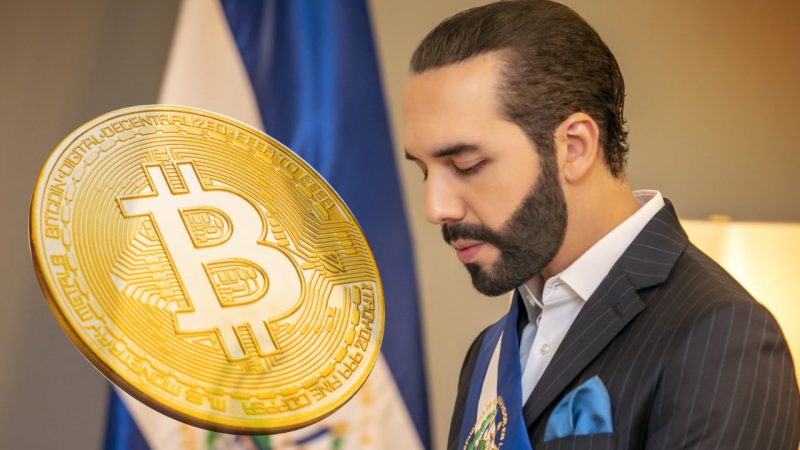While Bitcoin has been accepted as a legal tender in El Salvador, there have been steps taken by a group of US senators to introduce legislation in the senate to mitigate perceived risks posed by this action.
The bill “Accountability for Cryptocurrency in El Salvador Act [ACES]” was introduced by Republican Senators Jim Risch and Bill Cassidy with Democratic Senator Bob Menendez also endorsed it. It aimed to “mitigate potential risks to the U.S. financial system” from acts of money laundering and terrorism financing.
Senator Risch added, “new policy has the potential to weaken U.S. sanctions policy, empowering malign actors like China and organized criminal organizations.”
Bill Cassidy noted in an announcement,
“El Salvador recognizing Bitcoin as official currency opens the door for money laundering cartels and undermines U.S. interests. If the United States wishes to combat money laundering and preserve the role of the dollar as a reserve currency of the world, we must tackle this issue head-on.”
While the U.S. senators were aiming at El Salvador, President Nayib Bukele had one thing to say, “OK boomers.” He further added,
El Salvador will need to do this if the bill is passed
Considering the bill is passed, it would require the state department to report on a bunch of subjects concerning El Salvador and Bitcoin. This included the flow of remittances between the countries, bilateral and international efforts to combat transnational illicit activities, and the potential for reduced use of the dollar bill.
Reportedly, the first part of the report would assess how El Salvador developed and enacted the Bitcoin law and further delve into mitigating the financial integrity and cyber security risks from digital assets. It will also look into whether El Salvador meets Financial Task Force [FATF] requirements, along with the impact it has had on individuals and businesses, and the economy.
With the looks of it, this report appeared to be a case study for the US senators to understand the integration of Bitcoin or crypto in an economy. However, this has evoked anger and a funny feeling among El Salvador and crypto supporters. Some have even called out the US for the treatment of the bitcoin-favoring country.
A Twitter user noted,
Meanwhile, many others pointed out that the United States may not like it much when it realized “they can’t control #bitcoin”.
Adding to the reports, the next part asks El Salvador to describe its internet infrastructure and assess “the degree to which cryptocurrency is used” there, custody funds and the potential for hacks, and the rate of financial access that underprivileged or unbanked citizens of the country enjoy.
Well, the president of El Salvador has asked the US to keep out of its internal matters but will it be able to enforce this? With global political tensions rising, it could go either way. Although, El Salvador’s Bitcoin law has been attacked numerous times even by the IMF, due to which the president has had to repeal it.





